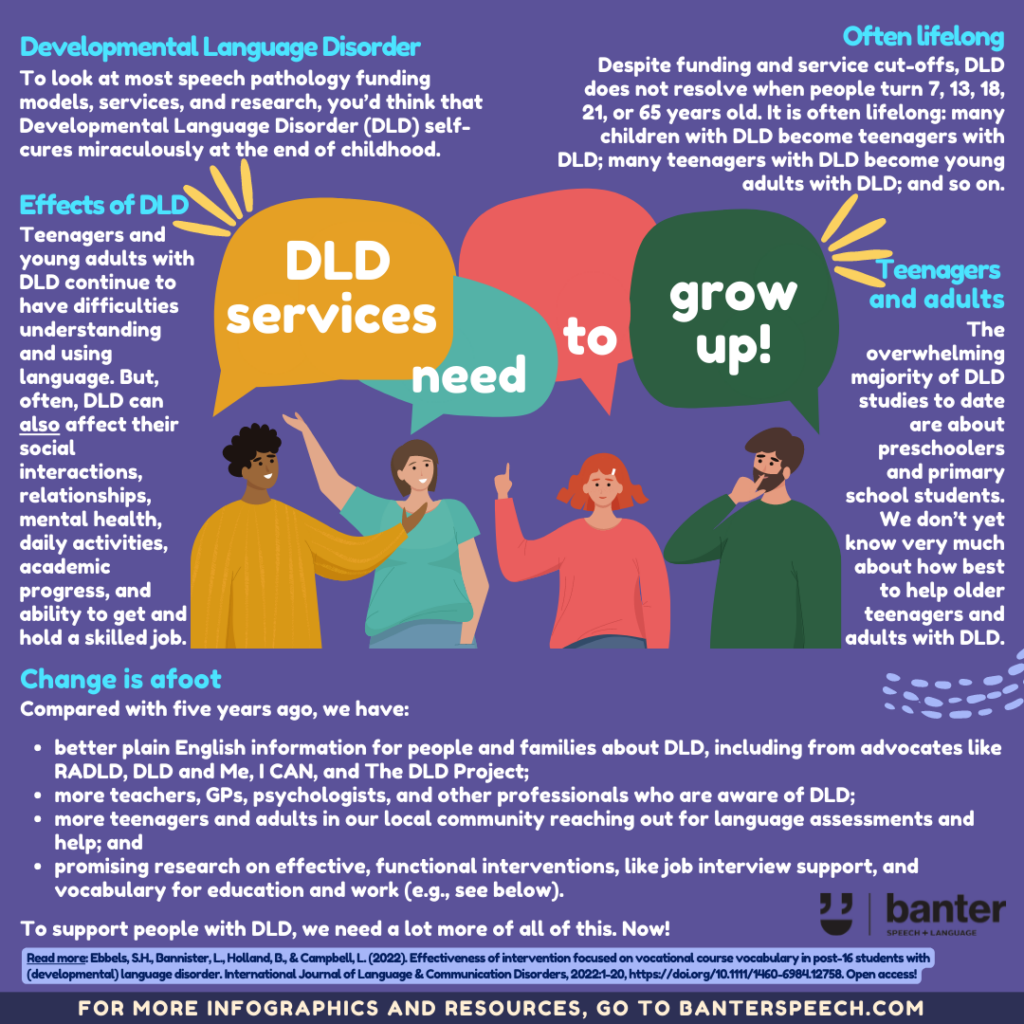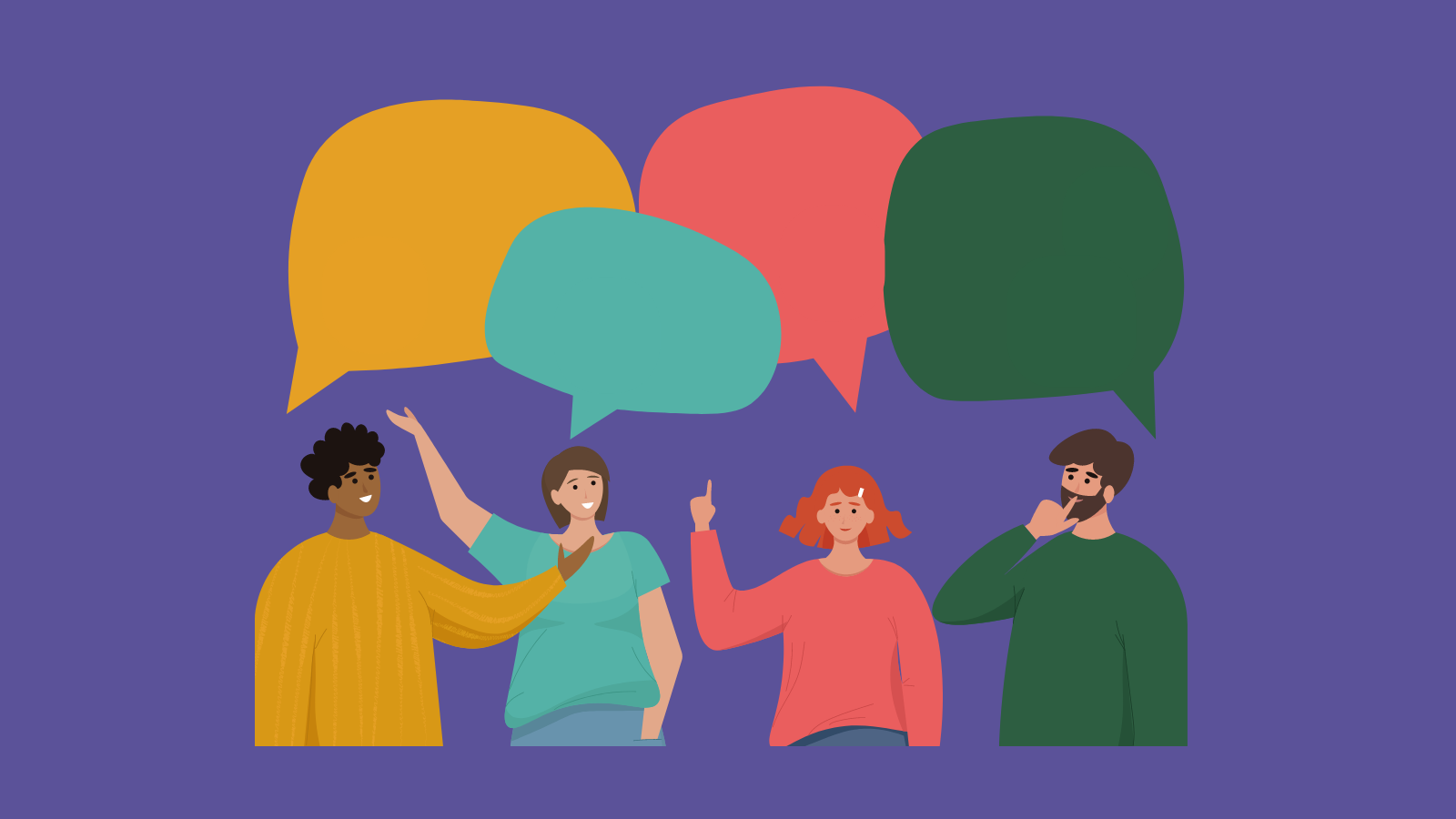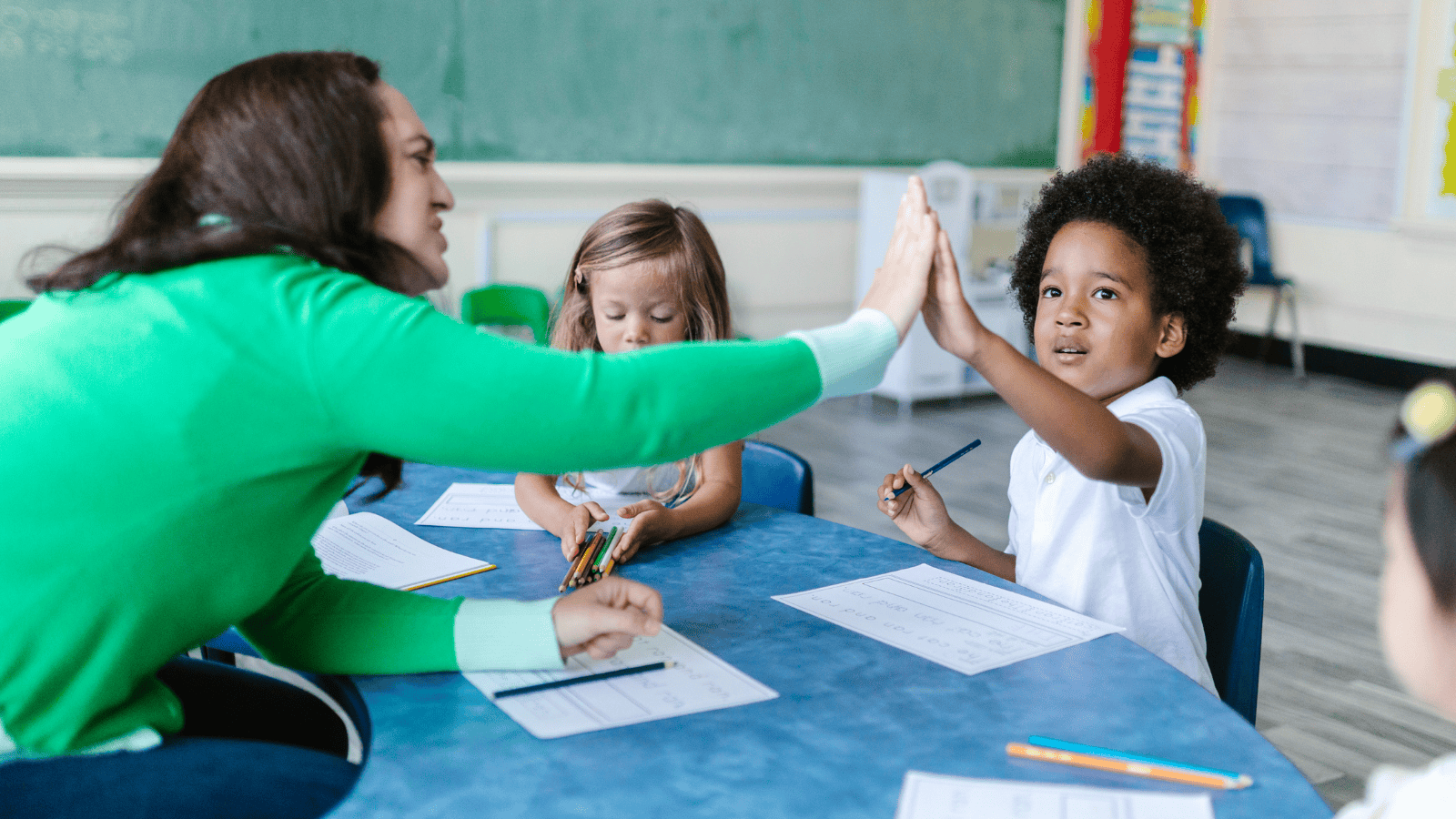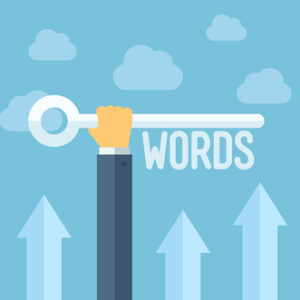Developmental Language Disorder services need to grow up!
To look at most speech pathology funding models, services, and research, you’d think that Developmental Language Disorder (DLD) self-cures miraculously at the end of childhood.
Despite funding and service cut-offs, DLD does not resolve when people turn 7, 13, 18, 21, or 65 years old. It is often lifelong: many children with DLD become teenagers with DLD; many teenagers with DLD become young adults with DLD; and so on.
Teenagers and young adults with DLD continue to have difficulties understanding and using language. But, often, DLD can also affect their social interactions, relationships, mental health, daily activities, academic progress, and ability to get and hold a skilled job.
The overwhelming majority of DLD studies to date are about preschoolers and primary school students. We don’t yet know very much about how best to help older teenagers and adults with DLD.
Change is afoot. Compared with five years ago, we have:
- better plain English information for people and families about DLD, including from advocates like RADLD, DLD and Me, I CAN, and The DLD Project;
- more teachers, general practitioners, psychologists, and other professionals who are aware of DLD;
- more teenagers and adults in our local community reaching out for language assessments and help; and
- promising research on effective, functional interventions, like job interview support, and vocabulary for education and work (e.g., see below).
To support people with DLD, we need a lot more of all of this. Now!
Read more: Ebbels, S.H., Bannister, L., Holland, B., & Campbell, L. (2022). Effectiveness of intervention focused on vocational course vocabulary in post-16 students with (developmental) language disorder. International Journal of Language & Communication Disorders, 2022:1-20, https://doi.org/10.1111/1460-6984.12758. Open access!

This infographic also appears in a recent issue of Banter Booster, our weekly round up of the best speech pathology ideas and practice tips for busy speech pathologists, speech pathology students, teachers, parents, and other interested readers.
Sign up to receive Banter Booster in your inbox each week:
Related articles:
- To help teenagers with language challenges, we need to go beyond words and sentences
- Teenagers with DLD are at risk for peer problems, anxiety and depression but we don’t know why
- How to help our secondary teachers support teenagers with language disorders at school
- Your right to know: long-term social effects of language disorders
- Developmental Language Disorder: a free guide for families
Further links:
- International Developmental Language Disorder Research Conference 2022
- Raising Awareness of Developmental Language Disorder: Growing with DLD

Hi there, I’m David Kinnane.
Principal Speech Pathologist, Banter Speech & Language
Our talented team of certified practising speech pathologists provide unhurried, personalised and evidence-based speech pathology care to children and adults in the Inner West of Sydney and beyond, both in our clinic and via telehealth.









 Word Learner
Word Learner